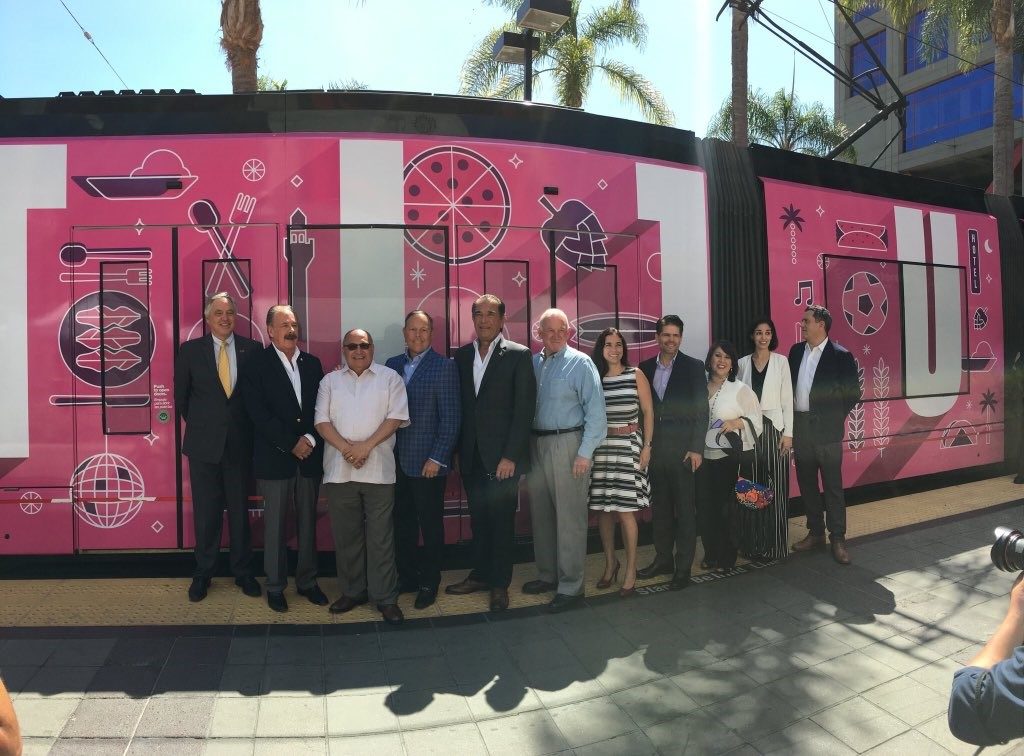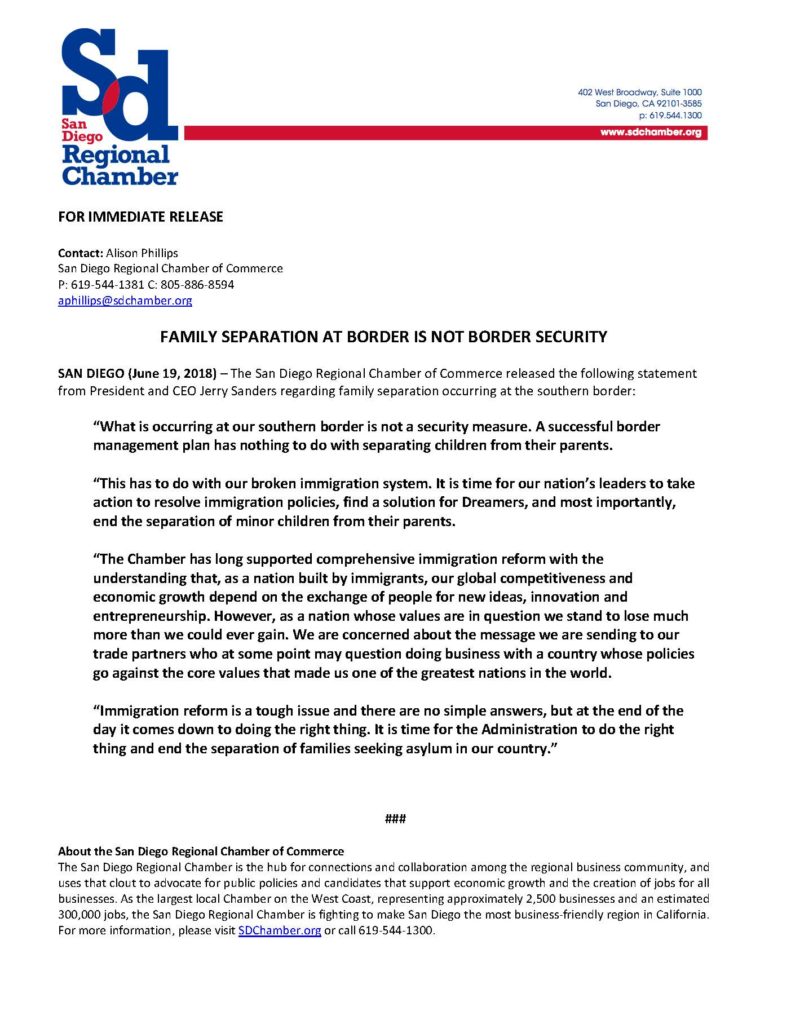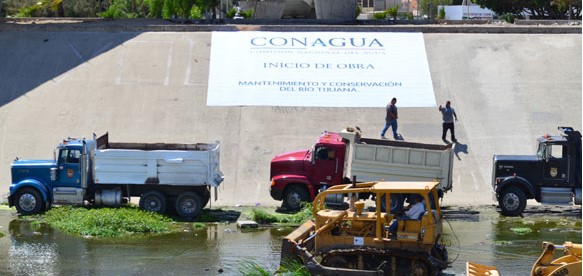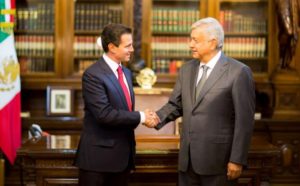July 13, 2018
After Mexico’s Energy Reform, rail transportation was referred as one of the most cost efficient and viable option. For the first time in 100 years, diesel was imported to Mexico by Baja Railroad (BJRR). It took nearly three years of planning, and with ten tank cars carrying 30,000 gallons of diesel each, CEO Roberto Romandia shared that jet fuel and gasoline are not far from being imported to Mexico as well.
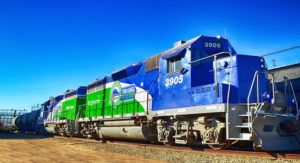
With the cost of the fuel molecule, the exchange rate and tariffs, freight cost is key on the process of importing fuel into Mexico, which is why BJRR offered a solution for U.S. companies looking to expand their market.
Baja Railroad has authorization and permits required by CRE, Secretary of Energy, and the Secretary of Communications and Transportations, as well as all necessary infrastructure and equipment to transport fuel into Mexico. Their future connection with Union Pacific through the Dessert Line, currently in rehabilitation, gives BJRR the ability to achieve complete connectivity for almost 5,000 railcars per year across our binational region. BJRR already has a direct connection to the northwest at the San Ysidro Port of Entry towards the San Diego Imperial Valley connecting with BNSF Railway in downtown San Diego. For more information about BJRR, visit their website.

 The Chamber is pleased to welcome Sue Saarnio to the region as the new U.S. Consul General in Tijuana, a three-year assignment beginning June 2018. Chamber President Jerry Sanders recently met with Consul Saarnio and provided an overview of the Chamber’s work and priorities. We will be working with her to plan a meeting with the Department of State during our upcoming delegation trip to Washington D.C. September 30 through October 3.
The Chamber is pleased to welcome Sue Saarnio to the region as the new U.S. Consul General in Tijuana, a three-year assignment beginning June 2018. Chamber President Jerry Sanders recently met with Consul Saarnio and provided an overview of the Chamber’s work and priorities. We will be working with her to plan a meeting with the Department of State during our upcoming delegation trip to Washington D.C. September 30 through October 3.